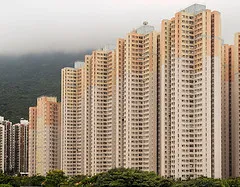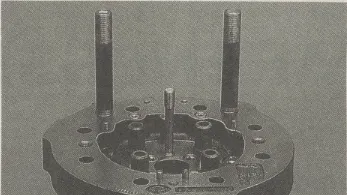
Hong Kong's property cooling scheme failed to curb price hikes
Even shortage of supply wasn't addressed.
According to Jones Lang LaSalle’s latest report on the impact of the restrictive policies, the Government’s restrictive property measures have had a notable impact on transaction volumes but have had little effect on curbing price increases or addressing the shortage of supply in the residential property market.
The report also raises questions about the effectiveness and unintended outcomes of the restrictive measures, and offers some alternative arrangements that could potentially better achieve the objective of boosting property supply.
Here's more from the report:
According to the report, Hong Kong’s residential property prices have more than doubled in the four years after hitting bottom in the wake of the Global Financial Crisis, climbing to all-time highs during the period. The drastic increase in prices was largely driven by a surge in capital inflow resulting from the ultra-low interest rate policies of central banks as well as an acute shortage of supply in the property market.
The supply of private housing has plunged by more than 50% over the past decade from an average of 27,000 units per year from 1990 to 2003, to an average of only 13,300 units per year from 2004 to 2012. The drop in housing supply was driven by a combination of a limited development pipeline in the post-SARS recovery and changes to the government land sale program; most notably the suspension of all scheduled land sales in 2003, and the reintroduction of the Application List land sale programme in 2004.








![Cross Domain [Manu + SBR + ABF + ABR + FMCG + HBR + ]](https://cmg-qa.s3.ap-southeast-1.amazonaws.com/s3fs-public/styles/exclusive_featured_article/public/2025-01/earth-3537401_1920_4.jpg.webp?itok=WaRpTJwE)









 Advertise
Advertise


